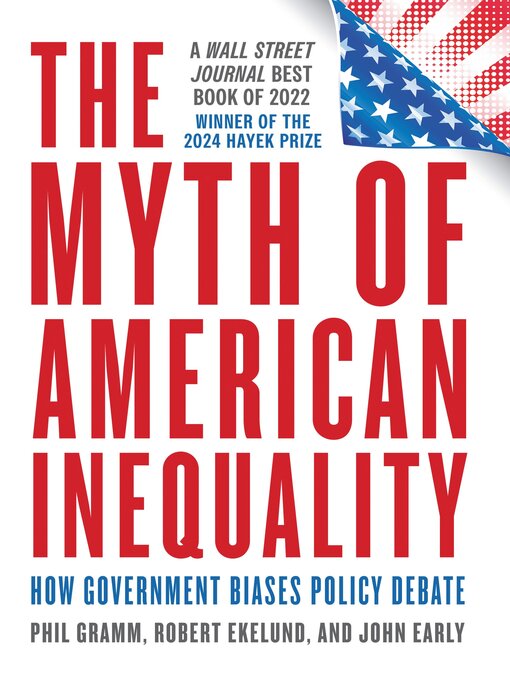Everything you know about income inequality, poverty, and other measures of economic well-being in America is wrong. In this provocative book, a former United States senator, eminent economist, and a former senior leader at the Bureau of Labor Statistics challenge the prevailing consensus that income inequality is a growing threat to American society. By taking readers on a deep dive into the way government measures economic well-being, they demonstrate that our official statistics dramatically overstate inequality. Getting the facts straight reveals that the key measures of well-being are greater than the official statistics of the country would lead us to believe. Income inequality is lower today than at any time in post- World War II America. The facts reveal a very different and better America than the one that is currently described by policy advocates across much of the political spectrum. The Myth of American Inequality provides clear and convincing evidence that the American Dream is alive and well.
- Available now
- New eBook additions
- Most popular
- Try something different
- Popular Graphic Novels
- Popular Cookbooks
- Manga Series Starters
- See all ebooks collections
- Available now
- New audiobook additions
- Try something different
- Most popular
- Language Learning
- The Great Courses
- See all audiobooks collections
- Most Popular
- News & Politics
- Cooking & Food
- Celebrity
- Home & Garden
- Entertainment
- Health & Fitness
- Fashion
- Hobbies & Crafts
- Tech & Gaming
- Cars & Motorcycles
- Family & Parenting
- Sports
- See all magazines collections

